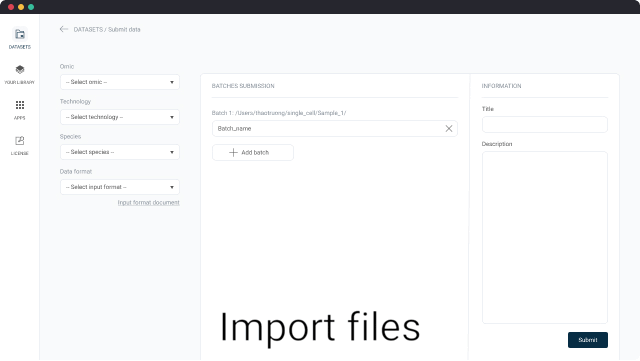Human uterine natural killer cells regulate differentiation of extravillous trophoblast early in pregnancy
Qian Li, Andrew Sharkey, Megan Sheridan, Elisa Magistrati, Anna Arutyunyan, Oisin Huhn, Carmen Sancho-Serra, Holly Anderson, Naomi McGovern, Laura Esposito, Ridma Fernando, Lucy Gardner, Roser Vento-Tormo, Margherita Yayoi Turco, Ashley Moffett
Abstract
In humans, balanced invasion of trophoblast cells into the uterine mucosa, the decidua, is critical for successful pregnancy. Evidence suggests that this process is regulated by uterine natural killer (uNK) cells, but how they influence reproductive outcomes is unclear. Here, we used our trophoblast organoids and primary tissue samples to determine how uNK cells affect placentation. By locating potential interaction axes between trophoblast and uNK cells using single-cell transcriptomics and in vitro modeling of these interactions in organoids, we identify a uNK cell-derived cytokine signal that promotes trophoblast differentiation at the late stage of the invasive pathway. Moreover, it affects transcriptional programs involved in regulating blood flow, nutrients, and inflammatory and adaptive immune responses, as well as gene signatures associated with disorders of pregnancy such as pre-eclampsia. Our findings suggest mechanisms on how optimal immunological interactions between uNK cells and trophoblast enhance reproductive success.
Datasets
1. Human Trophoblast Organoids

Analyze this study
Source data
https://cellxgene.cziscience.com/collections/257ce7fb-ab27-4772-8a06-9fe8385816b2
Alias names
E-MTAB-13382, E-MTAB-12650, Human Trophoblast Organoids, PMID38237587
Cite this study
Li, Q., Sharkey, A., Sheridan, M., Magistrati, E., Arutyunyan, A., Huhn, O., Sancho-Serra, C., Anderson, H., McGovern, N., Esposito, L. and Fernando, R., 2024. Human uterine natural killer cells regulate differentiation of extravillous trophoblast early in pregnancy. Cell Stem Cell, 31(2), pp.181-195. https://doi.org/10.1016/j.stem.2023.12.013
